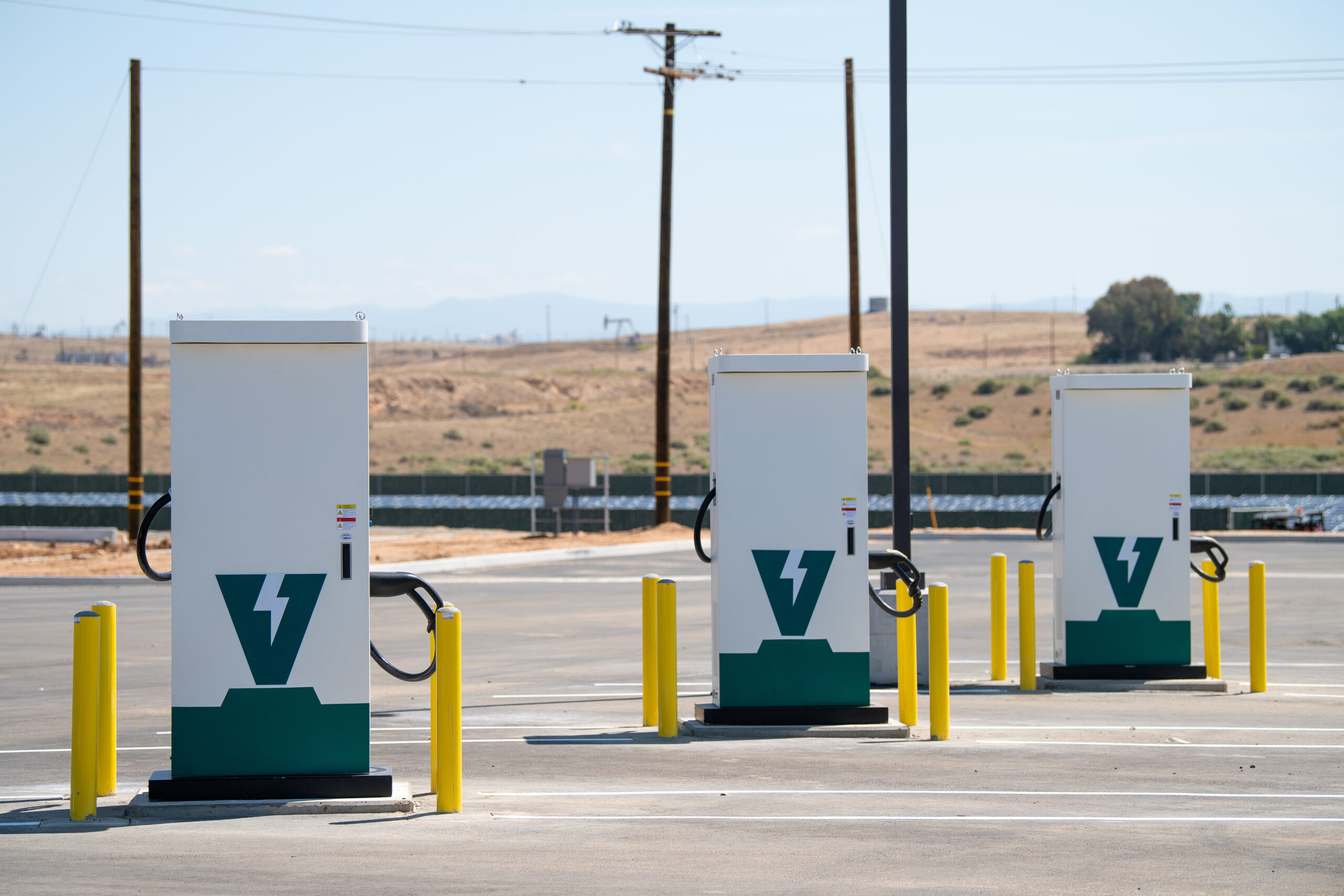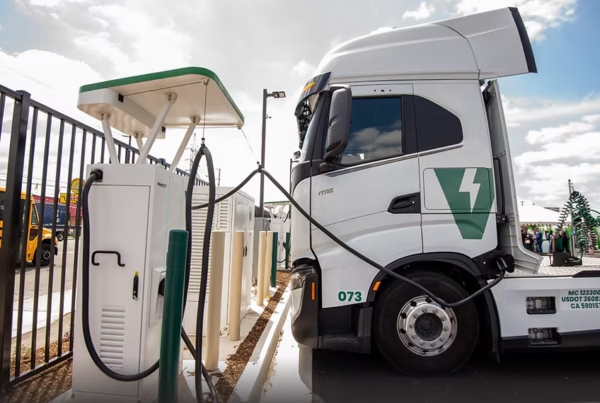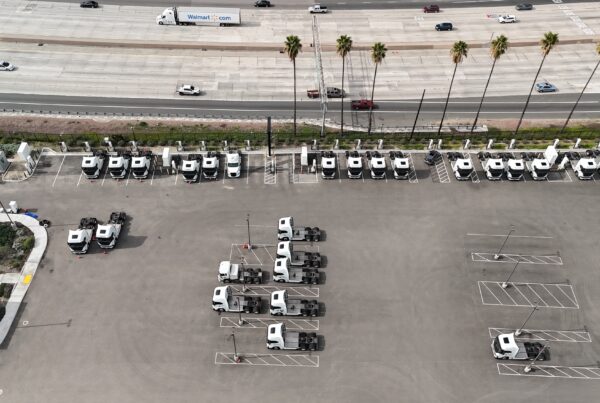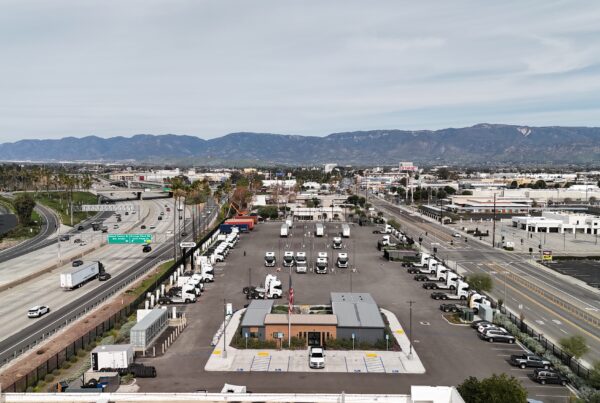The challenge of downtime for freight fleets
For fleet operators, keeping trucks on the road is critical. Every hour spent charging is time not spent moving freight. Today, CCS (Combined Charging System) technology already provides reliable high-power charging for electric trucks. As freight demand grows and ranges increase, fleets are looking ahead to faster solutions that can align charging time with driver rest breaks and operational schedules. Megawatt Charging Systems, or MCS, are designed to meet that need.
What is MCS and how it builds on CCS
Megawatt Charging Systems (MCS) represent the next stage of charging technology for heavy-duty trucks. CCS chargers are already capable of delivering up to 350 kW, which makes them practical for many use cases including regional haul and depot-based operations.
MCS goes further by delivering power at the megawatt level. This allows Class 8 electric trucks to charge in 30 minutes or less, supporting long-haul freight where turnaround speed is critical. Rather than replacing CCS, MCS complements it, giving fleets multiple charging solutions based on their routes and duty cycles.
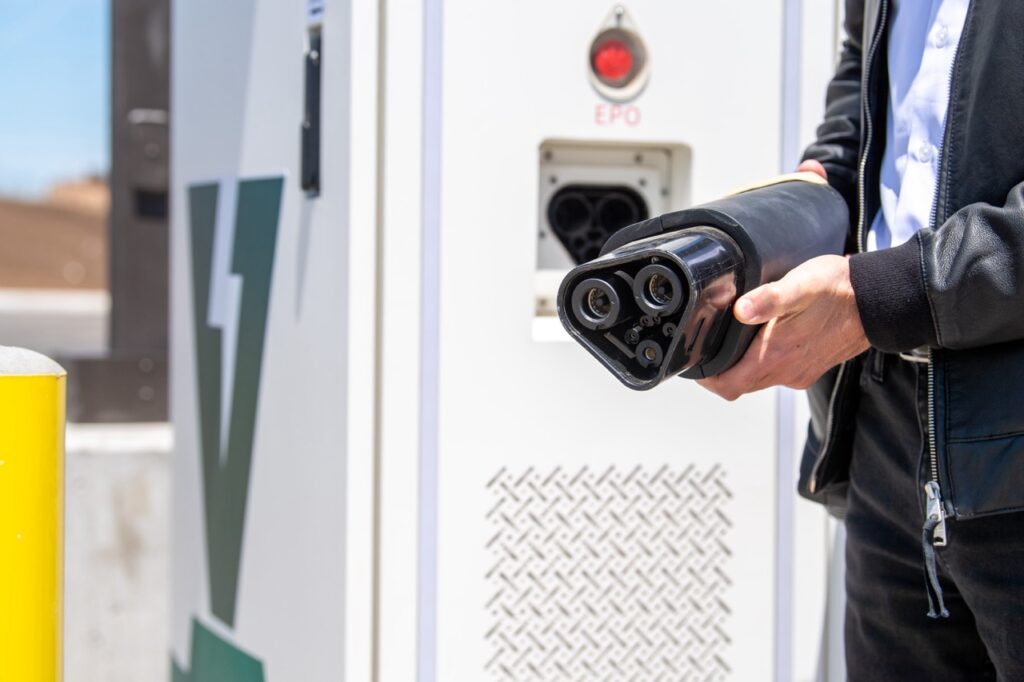
Benefits of MCS for freight fleets
- 30-minute charging: Batteries can be replenished during driver rest periods or quick turnarounds.
- Higher fleet utilization: Less downtime means more miles driven per truck each day.
- Reduced idle time: Trucks spend less time waiting and more time delivering freight.
- Operational flexibility: Fleets can combine CCS for regional needs with MCS for long-haul routes.
The impact of MCS on freight operations
MCS is designed to make electric freight more productive by aligning charging times with the pace of logistics.
- Shorter turnaround: Charging can be completed in the same window as a mandated rest stop or load and unload cycle.
- More freight per truck per day: Greater uptime means fewer trucks can cover more ground.
- Balanced infrastructure strategy: Fleets can continue to rely on CCS for local and regional operations while using MCS at key corridor depots for long-haul routes.
- Predictable scheduling: High-power charging reduces uncertainty in delivery planning.
WattEV’s Leadership in MCS deployment
WattEV is building a network of megawatt-ready depots along California’s busiest freight corridors. These depots are designed to support today’s CCS charging needs while preparing fleets for the faster speeds of MCS.
- California freight corridors: WattEV charging hubs are strategically located to support regional and long-haul routes.
- Megawatt-ready depots: Infrastructure is future-proofed for MCS while providing reliable CCS charging today.
- Charging-as-a-Service: Fleets gain access to high-power charging without carrying the infrastructure burden.
FAQ
What is a Megawatt Charging System (MCS)?
MCS is a new charging standard designed for heavy-duty electric trucks that delivers over 1 megawatt of power. It enables Class 8 trucks to recharge in 30 minutes or less.
How does MCS differ from CCS?
CCS charging supports up to 350 kW and is widely used today for both light-duty and heavy-duty EVs. MCS delivers charging power at the megawatt level, which is ideal for long-haul trucks that need fast turnaround. Both systems complement each other to provide flexibility for fleets.
How fast can MCS charge a truck?
MCS can recharge a Class 8 truck battery in about 30 minutes, which aligns with typical driver rest breaks and improves fleet efficiency.
Will CCS still be used if MCS is available?
Yes. CCS will continue to play an important role in regional and depot-based charging. MCS is best suited for long-haul operations where ultra-fast charging is needed.
Future-proof your fleet with MCS through WattEV
Megawatt Charging Systems will transform freight by cutting charging times to 30 minutes or less. With faster charging, higher utilization, and lower idle time, fleets can move more goods per truck while staying competitive and sustainable.
WattEV is leading this transition with megawatt-ready depots, charging-as-a-service, and integrated fleet solutions. Fleets can rely on CCS charging today while preparing for MCS tomorrow.
Future-proof your fleet with MCS through WattEV. Contact us today to learn how our charging network and Truck-as-a-Service model can accelerate your transition to electric freight.
